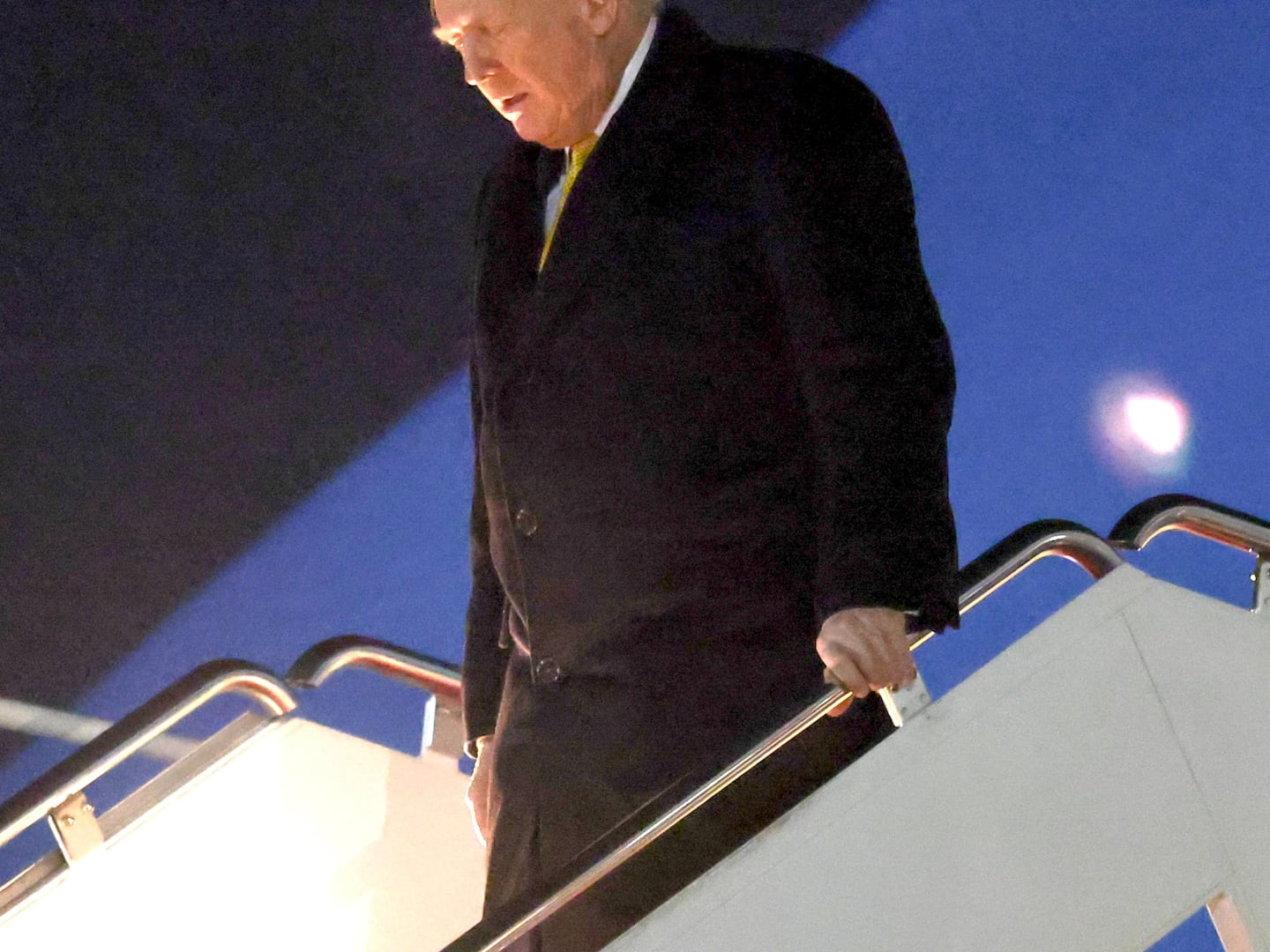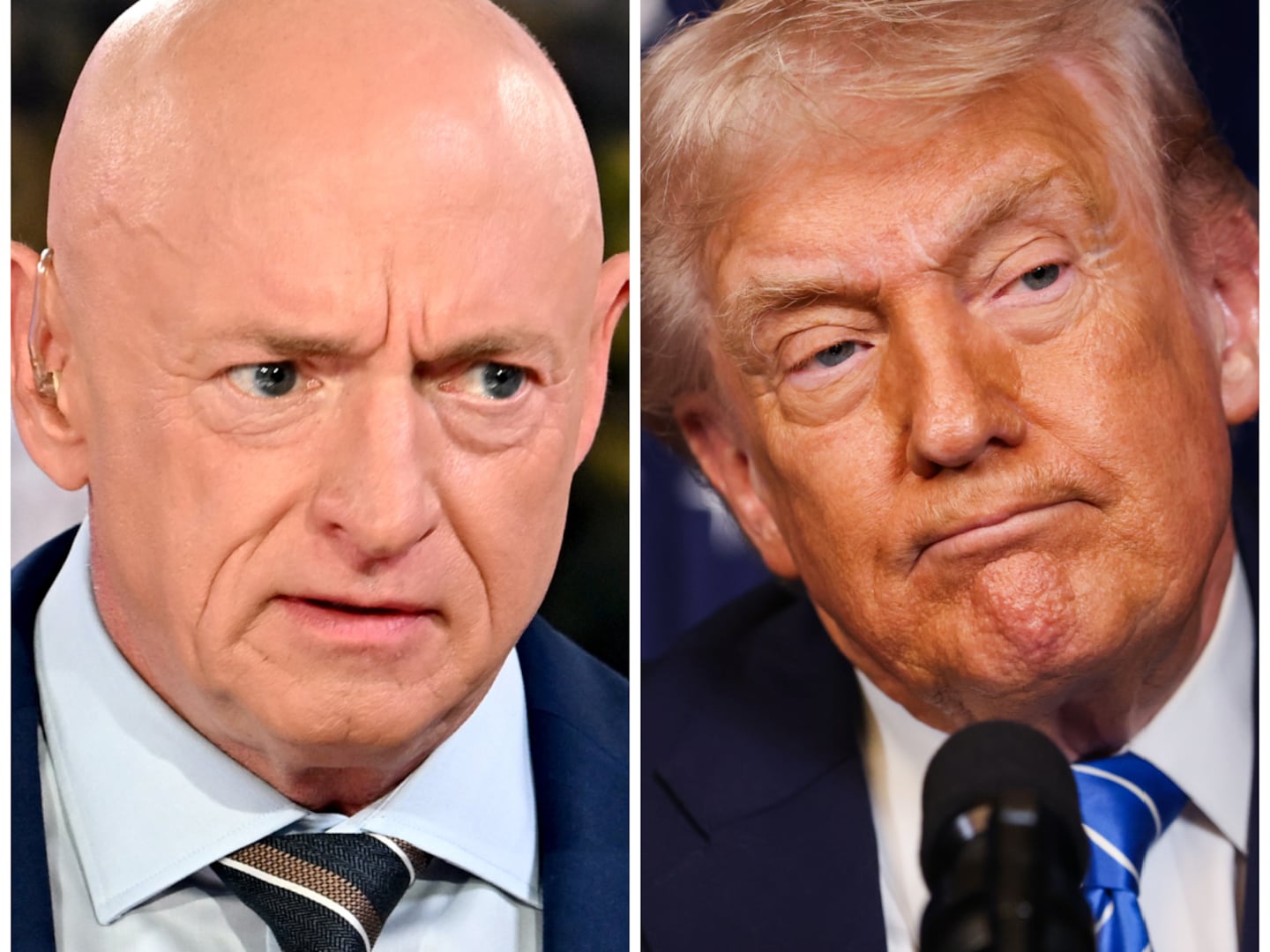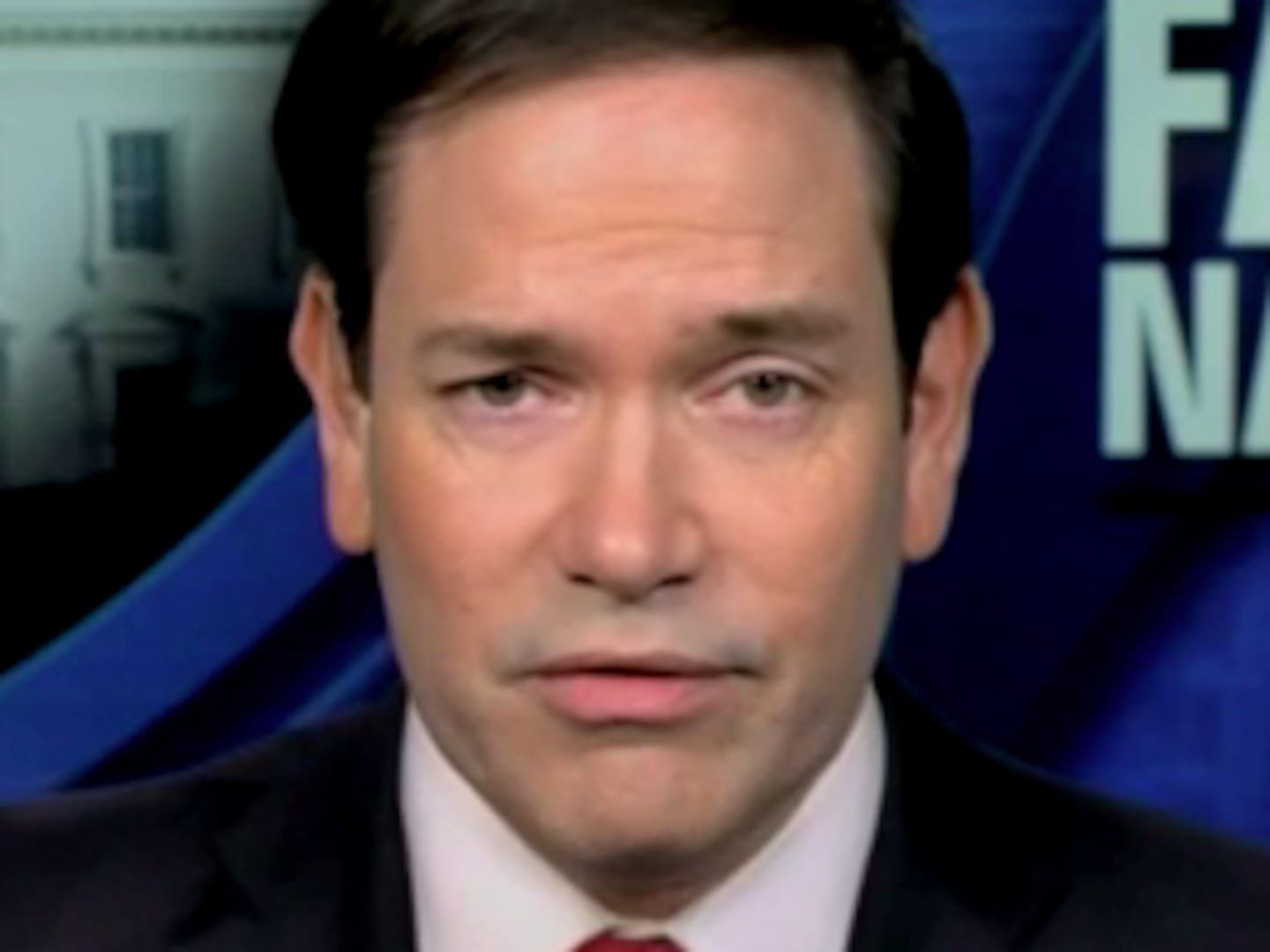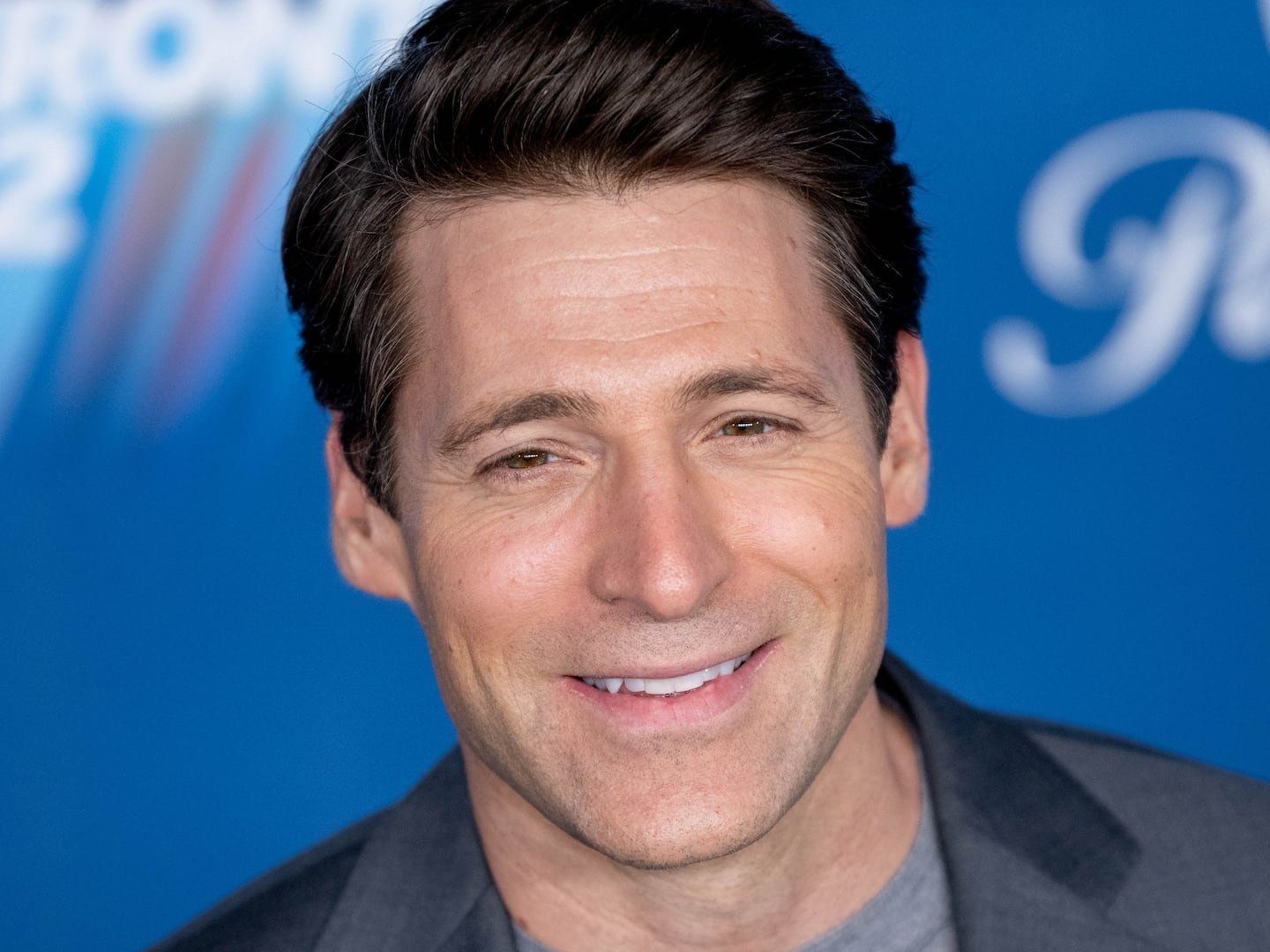Susan Sarandon, fiddling with a miniature packet of Kleenex, is seated across from me in a Spartan hotel suite in Downtown Toronto. She blows her nose, discarding the remains in a tissue ball graveyard of sorts she’s assembled on the table. It’s followed by a series of light, Derek Zoolander-in-a-coal-mine coughs. I offer her some Advil, but she politely declines. Sarandon is not afflicted by the common cold, but a unique condition brought on by psychedelic revelry affecting less than 100,000 people. Susan Sarandon has “Playa Lung.”
“It’s not coming down from Burning Man, it’s trying to breathe from spending way too much time on the Playa because I went early this year to build the Totem of Confessions!” she says, smiling wide. “I’ve got sand in my lungs.”
Yes, Sarandon was one of several celebrities who embarked on the annual pilgrimage to the Black Rock Desert of Nevada, dubbed the Playa. It was her first trip since ’13—she had to take last year off to await the arrival of her granddaughter—and the Oscar-winning actress brought out all the stops, arriving a week before the weekend began to erect a chapel to house the ashes of her late pal Timothy Leary, the godfather of LSD.
More on that later. The last time I spoke with Sarandon, we made a bit of news when she revealed her hot and heavy love affair with David Bowie in the ‘80s, around the time the two filmed their cult classic The Hunger. It turns out that the buzz from the interview led to the two reconnecting after many years apart.
“He called me!” Sarandon exclaims. “And he said, ‘Oh, that was so nice of you,’ and I said, ‘What’s up!’ and it got us back in touch. I said, ‘Well, it was true…’ and we laughed about it and chatted for a bit.”
One for the memoirs, I say. “Oh no, I’m never writing a memoir,” says Sarandon. “I have certain people that are contracted to kill me if I ever begin one.”
Sarandon is in Toronto promoting not one, but two films premiering at the Toronto International Film Festival. The more high-profile of these is About Ray, a comedy-drama centered on a teenager named Ray (Elle Fanning) who, for the past five years, has realized that he’s a man, and now wishes to undergo gender reassignment surgery and put “Ramona” in the past. Ray’s single mother, Maggie (Naomi Watts), and lesbian grandmother, Dolly (Sarandon), struggle to accept his decision.
I saw the video of your chapel, The Totem of Confessions, at Burning Man. It looked stunning. It was gorgeous! Five stories. I’d never gone in before everybody came, because they only allow a certain amount of people to build, so it was fun to tootle around when it was pretty empty. But 11 days in a tent is way too long! So I ingested half the Playa into my lungs. Although last night I ran into someone who has the cure for “Playa Lung.” It’s a protocol that a doctor does, and I need to get that information.
We’d chatted two years ago at this very festival when you’d just returned from Burning Man. How did this year’s experience compare to your previous one?
It was much more 70 mph winds, and I wasn’t in an RV. But in terms of the people, I had a mission this time and that was the whole ceremony for Timothy [Leary], so that structured my experience in a completely different way.
And how did you dream up the Totem of Confessions and dedication ceremony?
When I was there the first time, I thought, “What can I give back?” Everyone is supposed to give something. Jonathan [Bricklin] and I had talked about bringing a huge ping pong table or doing a piece art, and then I remembered that I had those ashes. I’d held onto them and hadn’t really felt the urge to let go of them or come upon the right thing, and I thought, “You know, if I come back I’ll bring them and do something.” I’d envisioned a little sign I’d made that I’d put in the big chapel, but then a friend of mine knew Michael Garlington, and his was one of the few art pieces I remembered from the year that I went that I loved so much. I got in touch with him and he was just on fire with the idea of dedicating it to Timothy, and then the camp that I was staying in said, “Let’s do a whole procession, and keep the ashes into the camp.” It very organically turned into this beautiful thing.
I heard that you consumed the ashes. Did you turn them into tea and imbibe them?We put most of the ashes in the [chapel] and then watered some of them down and our camp drank them. The bulk of Tim’s ashes he wanted jettisoned into space, and a few of us managed to accomplish that—and he died two days later. I think he was holding on until he knew that was happening. I didn’t expect to receive some of his ashes in the mail—there had never been a conversation about it—and then they came in the mail, and I’ve had them ever since. But it turned out to be the most extraordinary celebration, with music.”
Let’s discuss About Ray. I remember back in 2003 you starred in the “Love is Love is Love” campaign promoting acceptance of LGBT people. Quite a lot has happened since then.
What’s interesting about our film is it deals with the family and all the transitions that they have to go through and the fears that they have. It’s not a documentary that answers all the questions, but through my character, it touches on a lot of the misconceptions and fears.
There was a line I wrote, “The person you are—the person I love—is not changing. The only thing that’s changing is details.” I felt I needed to make the arc come back to acceptance and it wasn’t in the film, so I wrote that little piece. That is the point: It’s so scary for parents any time your child veers away from what you think the plan is that will make them happy, but it comes from a place of love. Before it was gay [children], and, “Oh, now I’m not going to have grandchildren,” and “Are they going to have a happy life?” Now, all that’s different. Even if your child is going to leave college to become a musician, anything that deviates is going to cause some panic. But I think because it’s a funny and heartfelt movie, it will give people the opportunity to take in some of this information in a nonthreatening, searching environment and have fun.
Popular culture’s played a pretty big role when it comes to trans visibility, from Transparent winning the Golden Globe to Orange Is the New Black’s Laverne Cox to Caitlyn Jenner.
Oh, Transparent is amazing. Jeffrey just rips your heart out. Yes, it’s happened very quickly of late, and the more visibility and more conversation the safer transgender people will be, the more normalized they will be. But it’s still a very dangerous place for transgender people.
The interesting thing about Caitlyn Jenner is I think her journey has made the trans movement easier to grasp for the older generation, since they grew up with her as Bruce Jenner, this paragon of masculinity and the former greatest athlete in the world.
I know. It’s like a Vonnegut story. Could you make it any more extreme? From Wheaties boxes to becoming a women’s fashion icon. Seventeen million people watched [her on Diane Sawyer], so a lot of people are interested, and that’s where it begins. But I produced a film called Deep Run about a young trans man in North Carolina who has no money, is barely eking out a living, so his journey is very different from Caitlyn Jenner’s. He has no money to do any of the operations or even take the hormones. We have to remember that Caitlyn Jenner is no more representative of all transgender people than Kim Kardashian is of all women. It’s a very specific place.
A privileged place.
Yes, a privileged place. I think we all have to think, “Oh my god, it’s not that things are ‘less,’ it’s that they’re ‘more.’” Fluidity means more choices for everyone, there are twice as many crayons in the coloring box, and you can color outside the lines. And for people that have a very defined idea of how life unfolds, that’s scary. But if you look at nature, caterpillars turn into butterflies. It’s a beautiful process. These special people have given us the opportunity to look at what it means to be a man or a woman, and to embrace the other side of our nature.
It’s an exciting time, at the same time, when there are these great strides there’s bound to be resistance from the closed-minded. Did you see that Kim Davis ceremony, with “Eye of the Tiger” and everything? Oh my god. I know.
It’s ridiculous, but also sad because a large portion of this country—Republicans, mainly— does not believe that everyone has the right to love as they please.
Yeah, but it’s going to take time—because they’re threatened. They’ve lost their [Confederate] flag, there’s a black president, gay marriage. The whole world is upside down for them.
The groundswell of support for Trump is strange, though. We’re both from New York, so we probably have more context when it comes to Trump than the general population, but how do you feel about the rise of Trump? The country’s a vast country and there are lots of different people. I do believe, however, that it’s a lot about how you frame things when you ask questions, because even before gay marriage went through, if you asked people, “Does everyone have the right to love who they want?” they’d say yes, but the throwing in of the word “marriage” is what threw people off. Depending on how you’re raised, we have to understand that, poor Kim, this is a very deep part of who she is. She seems like a very miserable person, so if you’ve lived your life according to some rules and the payoff comes when you’re dead, well, right there you’ve got a lifestyle that’s problematic. So then when you’re taking away some of those rules, it’s very scary. But I believe in change. Change is inevitable, so you might as well embrace it.
At the same time, I don’t think Trump is the “change” you’re thinking of. The thing I’ve found most puzzling is that throughout the course of his campaign he’s said the most awful things about women in particular, and his numbers just keep rising.
Well, over fifty percent of the country are women, so he’s threatening a lot of people. He doesn’t have a lot of female supporters. Women aren’t stupid. You’re always kind of dazzled by the black gay Republicans. You’re thinking, “What? Do they just want an opportunity to speak, and that’s why they get on that bandwagon?” People tend to vote against their own interests, and that may go back to your conditioning. But I’m not afraid of Trump. I want to see what the Democrats do. I want to see Bernie and Hillary in the debates and see what happens there.
Back to the Bowie revelation, in our last interview you said that your two big romances with celebrities were with Bowie and one very famous actor. So I’ve got to ask: Who was the actor?
I’m not saying! And I hope there are still some other big romances that are coming!






